AARP Hearing Center


Gary Rafaloff’s medication routine is, in a word, complicated. To treat his Parkinson’s disease and other health issues, the 71-year-old finance professional takes eight pills in the morning, three at midday, one at dinner and five at bedtime. His wife, Bobbi, 71, says one of her jobs as Gary’s care partner is making sure he never misses a dose, whether they are at home in West Palm Beach, Florida, or elsewhere.
That’s why she keeps a full back-up supply in her purse, and, she says, “I also keep a supply in the car … and our kids’ houses have backups.”
Bobbi says that the day Gary had to have an emergency heart procedure, “my purse supply came in very handy.” Hospital pharmacies, she says, are unlikely to stock the long list of medications the average Parkinson’s patient needs every day.
That’s the sort of detail that Bobbi has learned in the 12 years since Gary was diagnosed — and that the caregivers of an estimated 90,000 newly diagnosed Americans start learning each year.
There’s a lot to know about Parkinson’s, a brain disorder that gets worse over time, potentially affecting everything from how a person moves to how they think.
Here’s what health professionals, patients and caregivers say a caregiver should know:
Parkinson’s is not fatal
“Parkinson’s is not a death sentence,” says Rachel Dolhun, M.D., head of medical communications at The Michael J. Fox Foundation. There’s a lot you can do, she says, to help your loved one “live as well as possible as long as possible.”
People with Parkinson’s face an increased risk of death from falls and pneumonia, but on average, their expected lifespan is about the same as someone without the disorder, according to the Parkinson’s Foundation.


Parkinson’s isn’t just a movement disorder
Most people probably know that Parkinson’s can cause tremors. As Parkinson’s progresses, people often walk more slowly and stiffly, lose balance, have trouble eating and speaking and have other movement problems. These changes appear as damage progresses in a section of the brain that controls movement and produces a key chemical messenger called dopamine.
“What comes as a big surprise for caregivers and people with [Parkinson’s disease] are the non-movement related symptoms,” says Amanda Janicke, a medical social worker who answers calls and emails at the Parkinson’s Foundation helpline.
Early in the disease, these symptoms can include loss of smell, constipation, depression and sleep problems, according to the foundation.
Eventually, some people get apathetic, meaning they lose interest in doing things, including things that matter for their health, Janicke says. That can be hard for caregivers, who want the best for their loved ones, she says.
Some people develop severe problems with thinking and memory; some hallucinate. “That is a whole new world,” for many caregivers, Janicke says.


































































.png?crop=true&anchor=0,26&color=ffffffff&u=ucxnmh&w=2048&h=1177&credit=Marco%2520Baccioli)
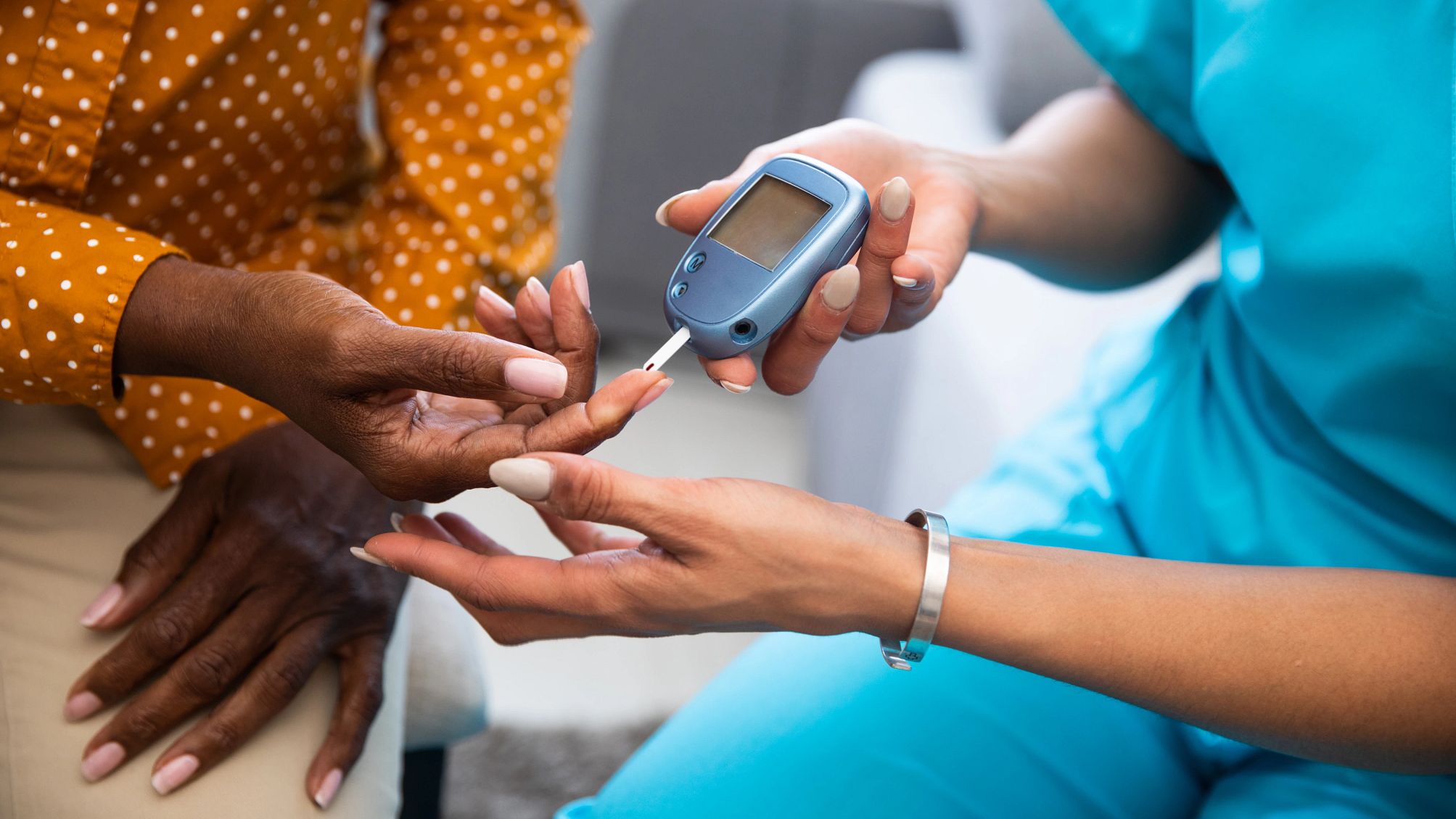
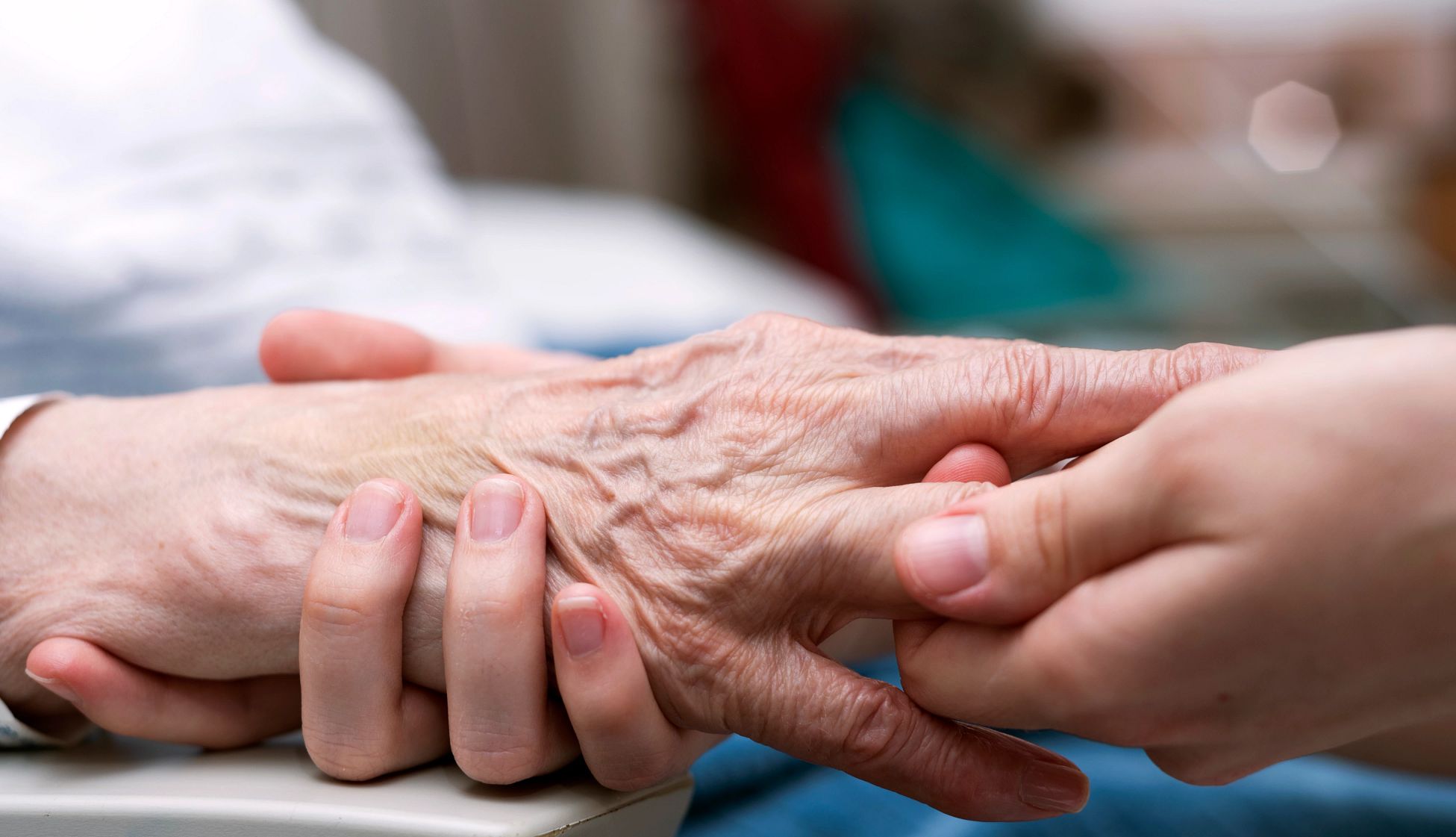
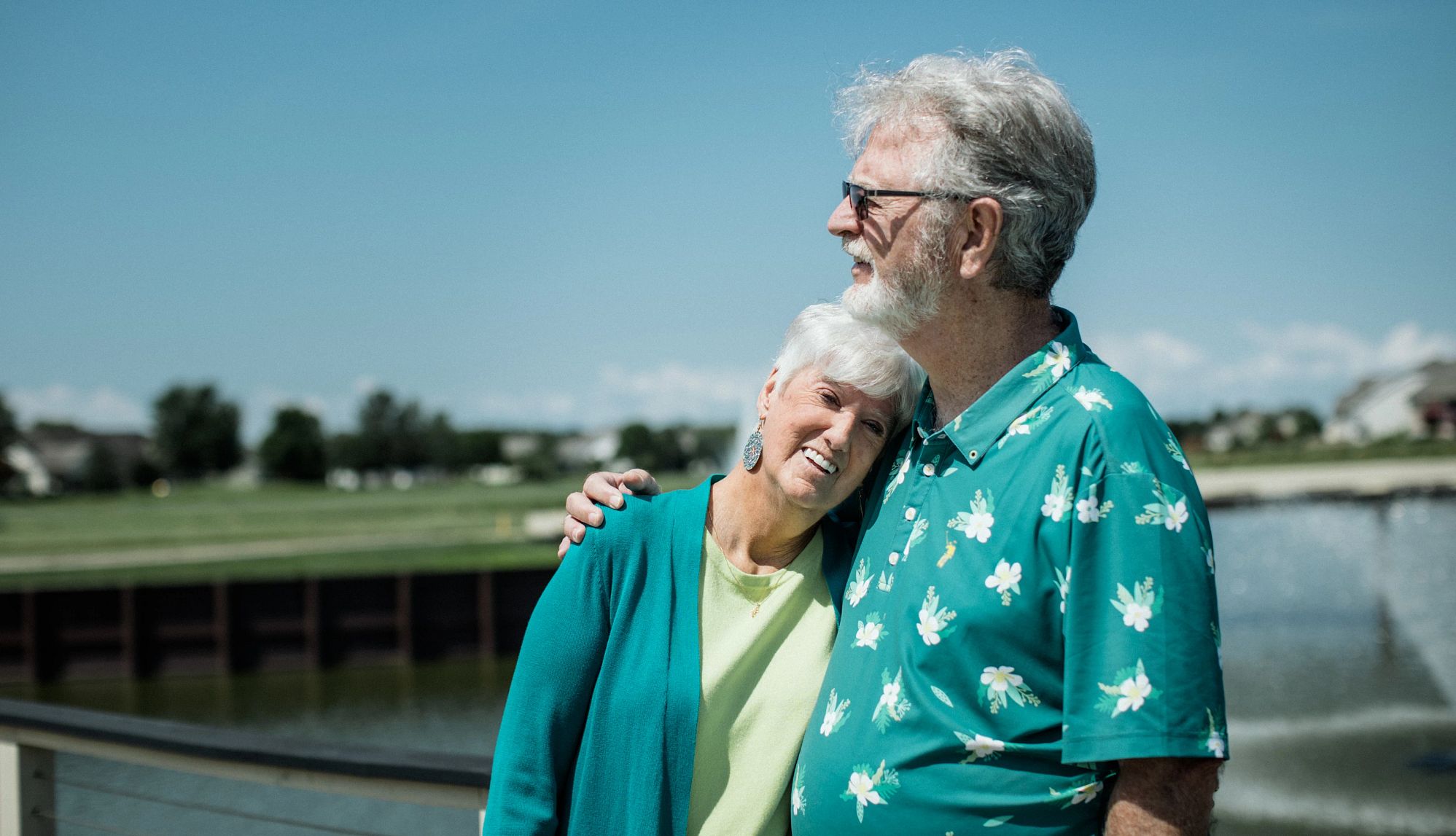
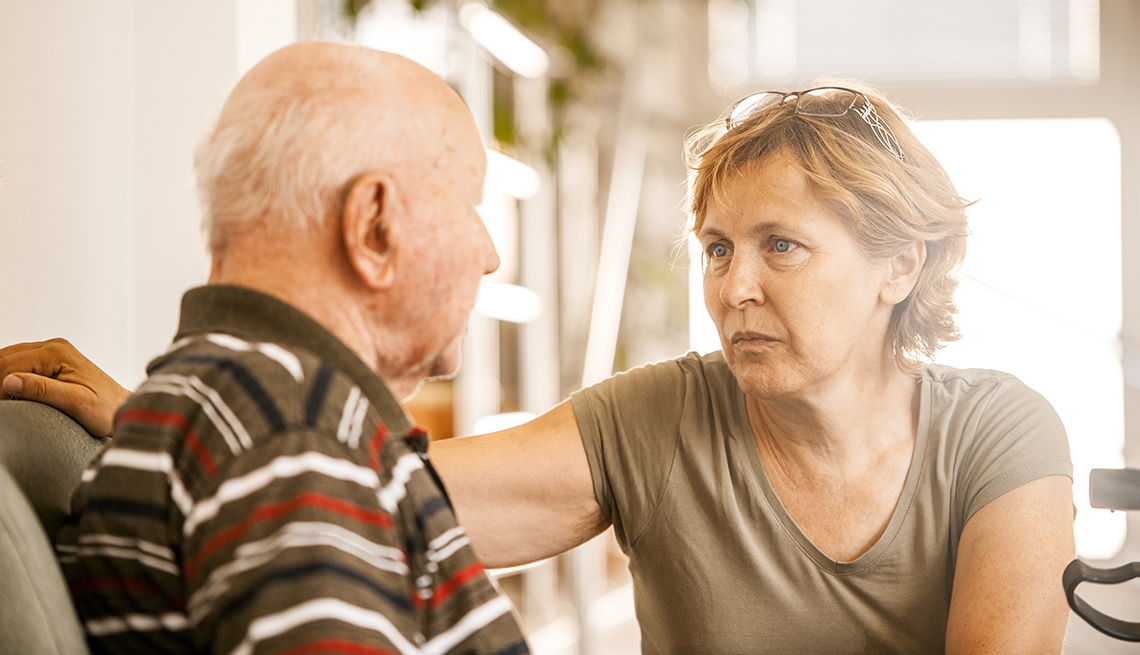
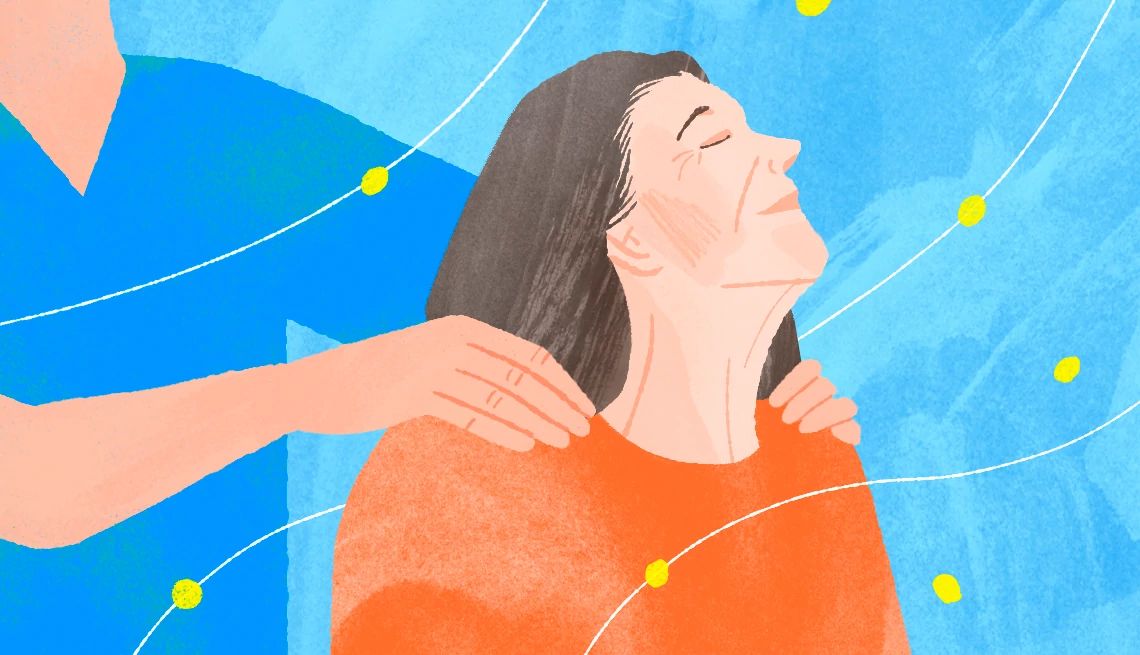

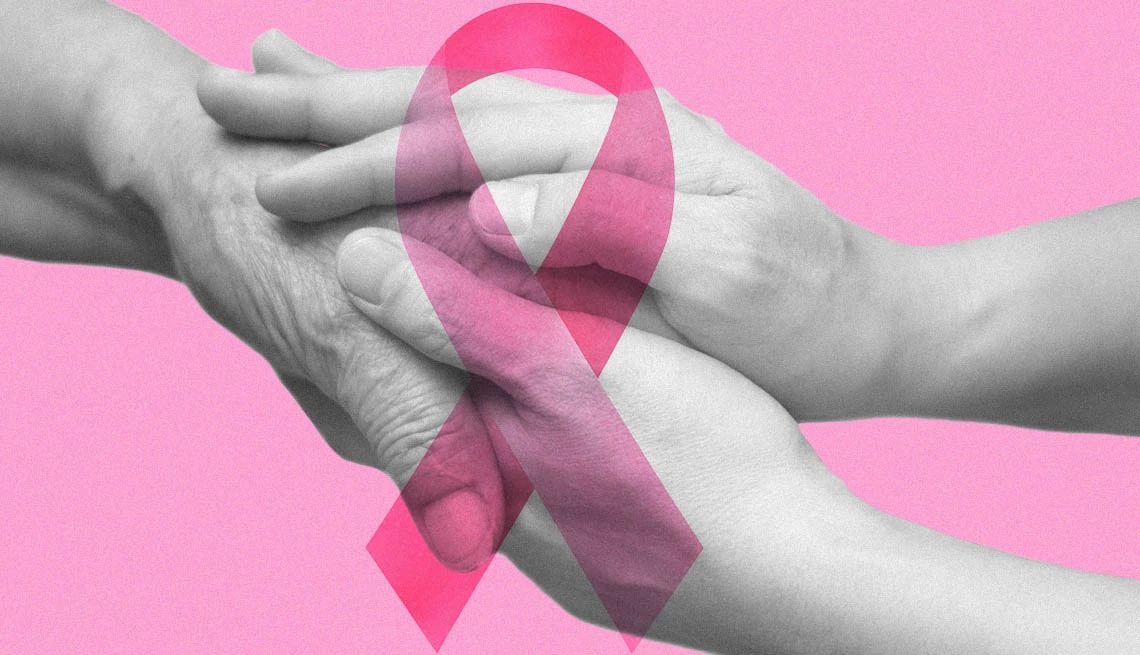)
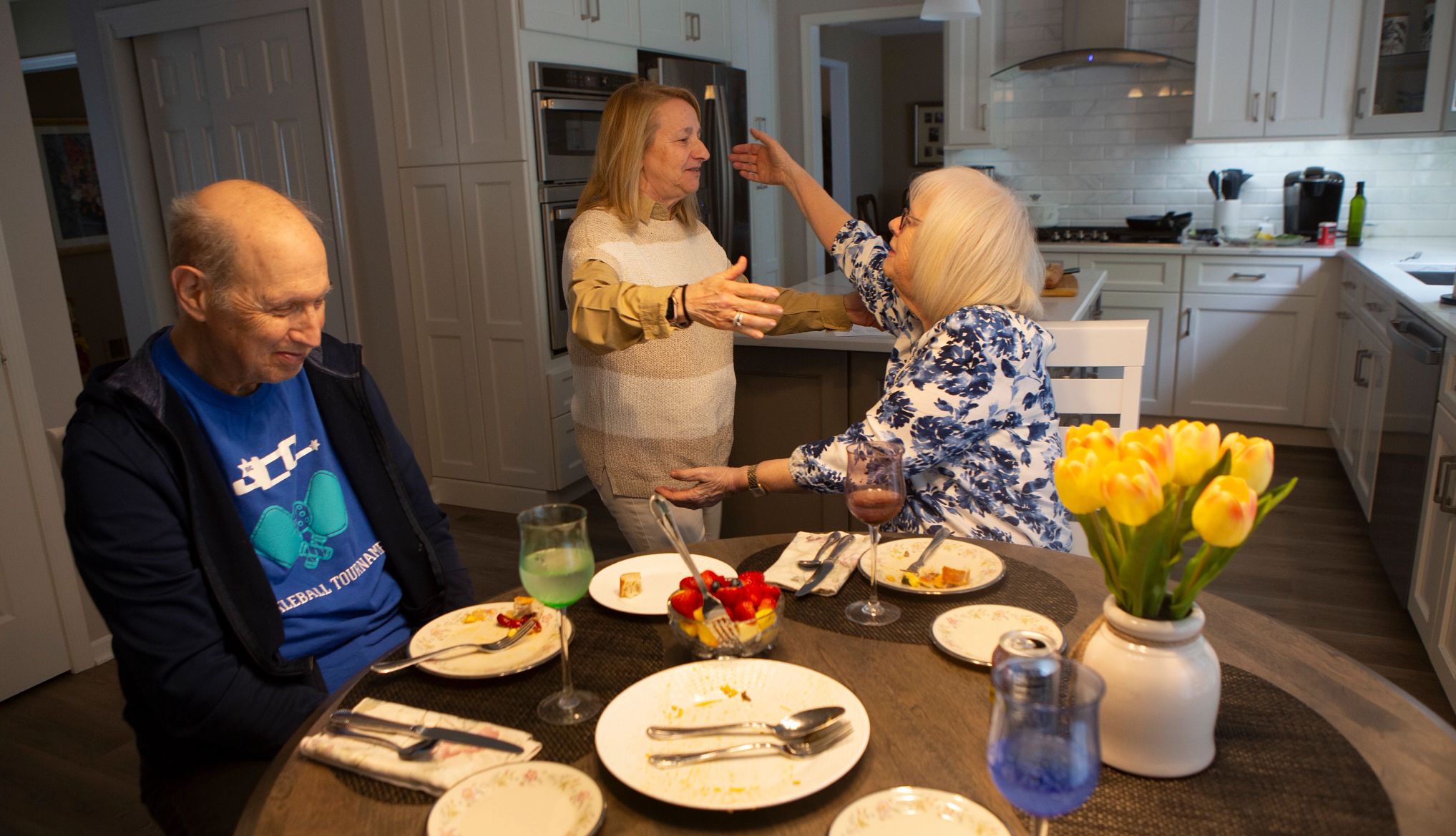
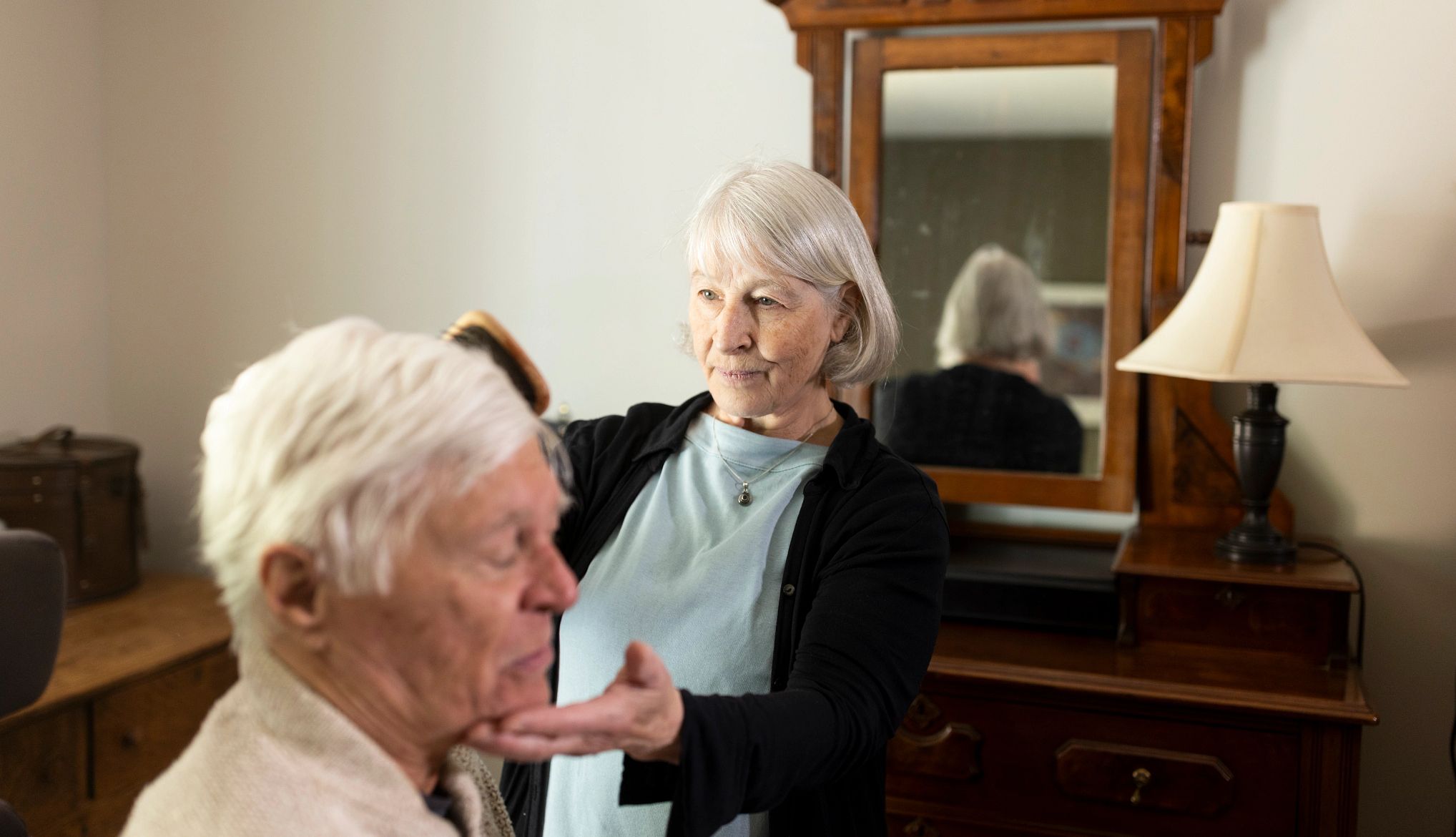
))

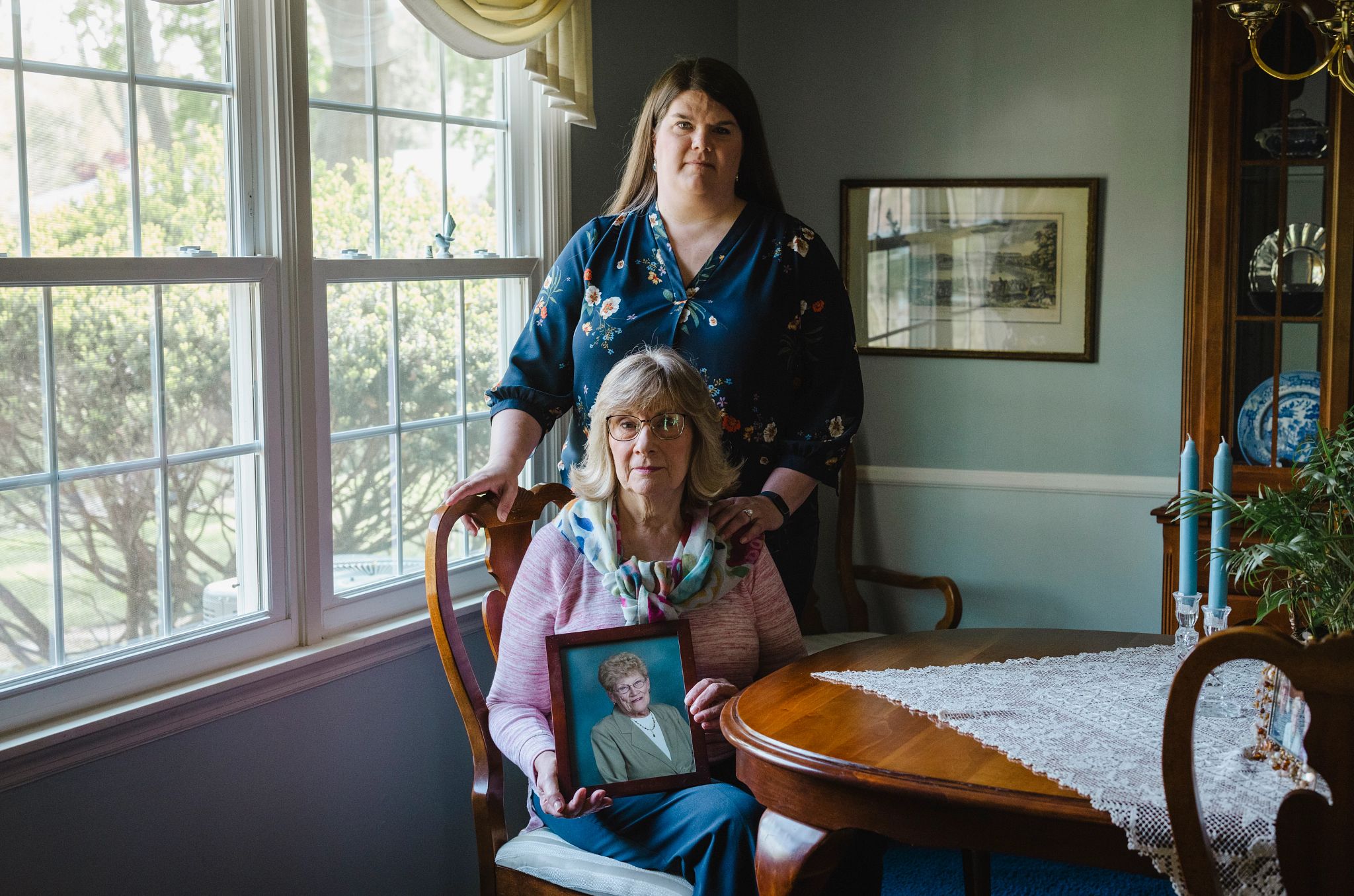









More From AARP
How to Prepare a Loved One for a Hospital Stay
Be prepared with some advanced planningCaregivers Wonder: Why Does My Relative Suffer?
Ways to find acceptance and avoid the blame game
How to Find a Caregiver Support Group That's Right for You
In-person or online, communities can offer valuable help
Recommended for You